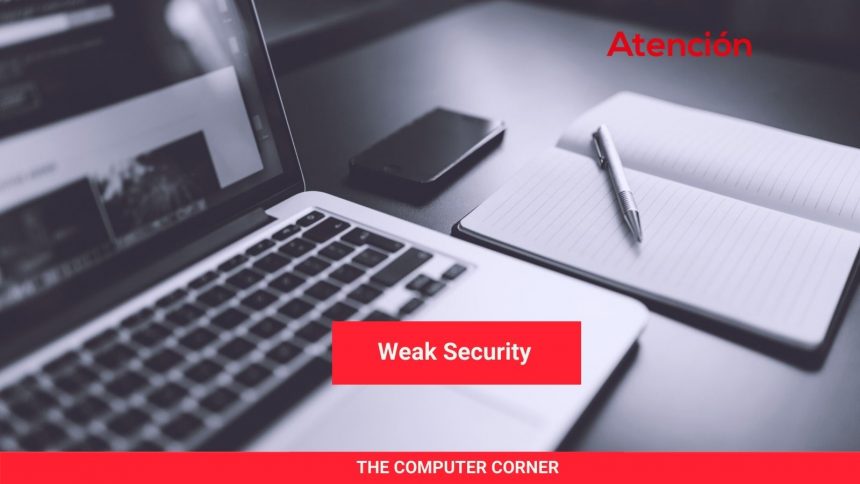Imagine this: You’re driving your company car to work when the police pull you over. The officer says, “I’m not ticketing you. This is only a warning, but you’re driving a 2004 model car, and it’s not as safe as a new car.” You thank the officer, then a few blocks later, another police officer pulls you over and gives another warning ticket. This time the officer says, “Your car doesn’t meet the 2018 rollover safety standards. In a rollover accident, you could be killed.” This cycle continues until you eventually get to work and tell your boss, “I was harassed by the police seven times on my morning commute. They say my company car isn’t safe, so you need to buy me a new one.” Your boss responds: “Please understand this company owns hundreds of company cars that have not reached the end of their depreciation schedule or serviceable life. We cannot afford to replace them all at once. Our older cars aren’t unsafe even though they might not have the newest technology. When they wear out, they will be replaced with new ones, but this company won’t be coerced into doing that just because the police department has started fear-mongering to get every vehicle over five years old off the road. Did the police offer to help pay for a new company car?”
Now, go back and reread that story, this time substituting “modem” for “company car,” Megacable or Telmex for your employer, and Apple for the police. You will then better understand the scare tactics which Apple Computers has been recently using. Their warning saying that your Wi-Fi “is not considered secure” means only that you are not using the latest, greatest hardware.
Wireless network connectivity, or Wi-Fi, was introduced in 1998, several years before the first smartphone or tablet. Immediately it became obvious that some people might want to restrict access to their networks, so the industry created the Wired Equivalent Privacy (WEP) security algorithm for password-controlled access. WEP was never particularly strong because some boneheaded lawmakers added restrictions for export of cryptographic technology. Those lawmakers hadn’t yet figured out that the internet transferred data across international boundaries, so manufacturers were required to make and sell weak security. In 2003, the Wi-Fi Protected Access (WPA) standard was approved, and subsequently improved with WPA2 (2004) and WPA3 (2018).
Each of the wireless security standards was an improvement, which is not to say that any of them were unsafe. WEP is secure, albeit the least secure. Even no security at all, as is often found in free public Wi-Fi at coffee shops, is not inherently unsafe. Apple’s warning of “weak security” needs to be understood for what it really is: an attempt to persuade you into thinking you need to upgrade your hardware.
Charles Miller is a freelance computer consultant, a frequent visitor to San Miguel since 1981, and now practically a full-time resident. He may be contacted at 415 101 8528 or email FAQ8@SMAguru.com.

